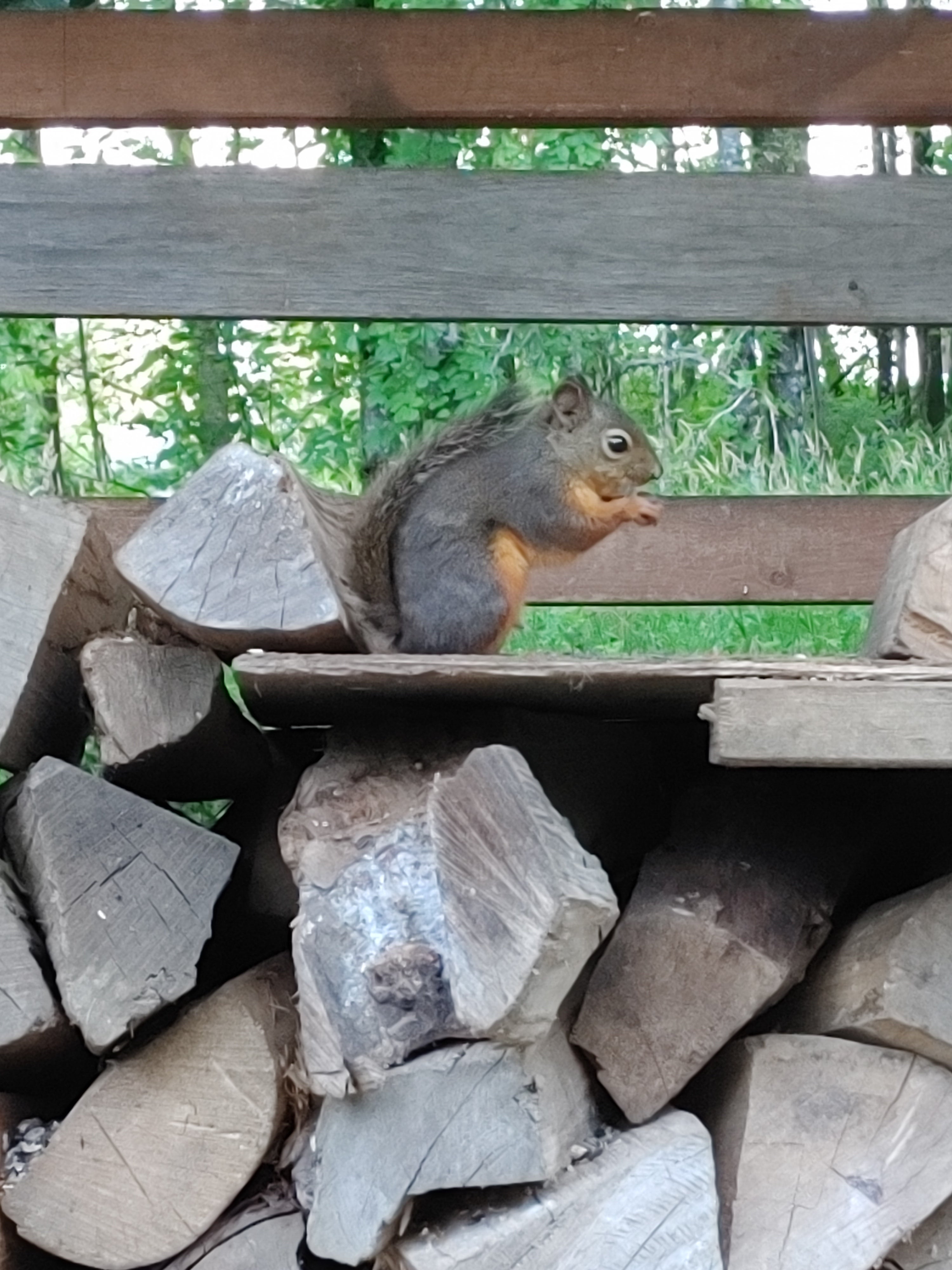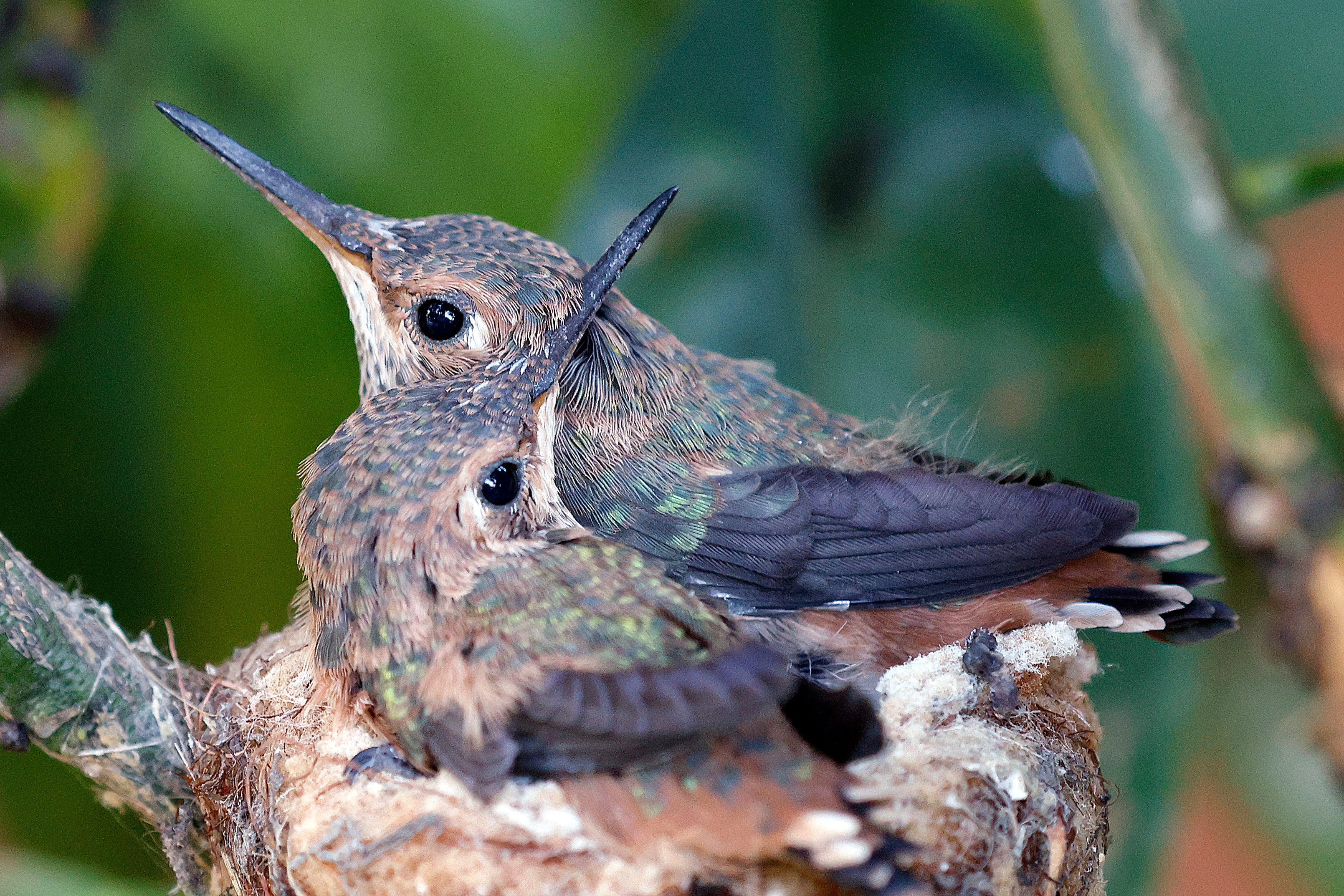One woman’s fight to save peaceful Canadian paradise from destructive pipeline expansion: ‘We need those places right now’
Discovery of nesting birds temporarily halted project expected to start again soon
Your support helps us to tell the story
From reproductive rights to climate change to Big Tech, The Independent is on the ground when the story is developing. Whether it's investigating the financials of Elon Musk's pro-Trump PAC or producing our latest documentary, 'The A Word', which shines a light on the American women fighting for reproductive rights, we know how important it is to parse out the facts from the messaging.
At such a critical moment in US history, we need reporters on the ground. Your donation allows us to keep sending journalists to speak to both sides of the story.
The Independent is trusted by Americans across the entire political spectrum. And unlike many other quality news outlets, we choose not to lock Americans out of our reporting and analysis with paywalls. We believe quality journalism should be available to everyone, paid for by those who can afford it.
Your support makes all the difference.Cara Cornell does not claim all the world feels protective and impassioned about the wetlands close to her home.
But she knows that she does.
When she wakes at 5am – her sleep interrupted in recent weeks by anxiety about the birds and the animals – she hears a choir of song that starts the day. Humming birds, swallows, finches, cedar waxwings and red-breasted sap suckers. There are red Douglas squirrels, several families of them by now.
Cornell fears for her little part of paradise, her place in this world where she finds peace, as a result of a pipeline expansion project – Trans Mountain – carrying notoriously dirty tar sands oil from Canada’s heartland in Alberta to the coast in British Columbia.
The project’s advance has been temporarily halted after some sapsucker nests were spotted, forcing the workers to down tools. But she believes before long it will start up again.
“I want them to go under the wetland,” Cornell tells The Independent. “This is critical habitat for migratory nesting birds and animals. It’s home to bears, rabbits and bobcats.”
“I have to speak for the birds and the animals. I see them every day. This is their home too.”

This summer, Cornell joined members of several environmental groups preparing a “notice of motion”, that seeks to force Trans Mountain (TM) to place its pipe – part of an expansion of the original project – under the wetland. They will also ask the company to agree to abide by a number of environmental protections, as it clear cut through forests close to Cornell’s home in Rosedale, 70 miles west of Vancouver.
Their action comes at a critical time, as the impacts of the climate crisis become ever more stark, and against a backdrop of decades of controversy over Canada’s extraction and distribution of polluting fossil fuels.
The government of Justin Trudeau joined with nearly every other nation on Earth in a pledge to cut carbon emissions as part of the Paris Agreement, and limit global heating to 1.5C and prevent catastrophic climate impacts. In 2020, Canada, committed to cut greenhouse gas emissions to 40 per cent below 2005 levels by 2030, and achieve zero carbon emissions by 2050.
“Canada is a magnificent country, but it didn't happen by accident and won't continue without effort,” said Trudeau, who had made tackling climate action a goal during his 2019 election campaign.
Currently, the extraction and sale of oil and gas account for more than seven per cent of the national GDP, and the industry is centred in Alberta, with its vast Athabasca tar sand deposits.
And companies such as TM are powerful players in the broader political landscape. TM, now owned by the government of Canada, also says it has also employed thousands of people since the first pipeline opened in 1953.
The section passing through Rosedale, is an extension, and TM says it is subject to 156 conditions, enforced by the Canada Energy Regulator (CER), a government agency.
“Our wishes are to have the wetland protected,” says Peter Vranjkovic, of the group Protect the Planet, which has engaged in non-violent, direct action to try and protect habitats.
“Which means that pipeline company should drill under it or put their pipe around it.”
Pointing to the way in which activists have become used to fighting to fight to save parcels of habitat, patch by patch, rather than entire forests, he says the wetland in Rosedale, close to the Bridal Veil Falls state park, has old growth trees, which helps make it so special. Such aboreal veterans are particularly critical for storing carbon.
“It’s a beautiful, wild area. It's never been logged, or if it was, it was 150 or 250 years ago, so the trees are overgrown and nobody's developed this one little spot,” he says. Some of the trees have started to decay, making it even more enticing to birds.
There are barn owls, and screech owls, and other “unique species that we don't find in other places that have been more recently logged”.
Another activist who has joined the petitioning of the authorities is Lynn Perrin, of the group Pipe Up, made of residents of southwestern British Columbia. She says the importance of the wetland close to Bridal Veil Falls has increased as a result of the clearcutting and depletion of neighbouring areas.
“In addition to nesting birds, the wetlands are home to amphibians such as the threatened coastal giant salamander,” she says.
Cornell is quick to point out that the effort to save the wetland near her home is a team effort, involving many people.
Last year, the project was halted for five months or so, after activists spotted tiny nests of the Anna’s hummingbird, a migratory species known for its shimmering lime-green feathers.
“They’re tiny – just four centimetres (one-and-a-half inches),” says Sara Ross, a member of the group Community Nest Finding Network (CNFN), who spotted the bird and alerted federal authorities.
In June, Ross found nests belonging to red-breasted sapsuckers, again forcing the work to stop, at least until the conclusion of the nesting season at the end of August.
“I will use any tiny nests to stop this project. Because we can't build more fossil fuel infrastructure,” she says.
“It will kill our world. It is killing our world. This is not about the nests, this is about using any means necessary to stop this expansion of the tar sands, for my seven year old , for my kid, for myself.
She adds: “We can't do it anymore. So I have just to help our government do the right thing.”
Ross says the Canadian government and TM spend vast sums of money promoting themselves as being environmentally responsible, and the extraction of tar sands and its transportation through 600 miles, as having no impact on the environment.
Yet she says such a picture is false.
“They're marketing tar sands oil as environmentally safe which is bulls***. Tar sands is the dirtiest fuel on the planet. It takes the most amount of water to refine, it changes the climate more than anything else. You can market it however you want it's not true.”
TM was bought by the Canadian government in 2018. A spokesperson says its entire operation is monitored by CER and its own teams who monitor bird nesting sites.
“Trans Mountain has developed more than 60 environmental protection and management plans relating to specific aspects of construction,” the spokesperson says.
“These plans have been approved by the CER and must be implemented before, during and after construction along the pipeline right-of-way, at facilities and related access areas.”
In regard to the area at Bridal Veil Falls, the spokesperson says “prior to construction activity in the Bridal Falls region various surveys were conducted by Wildlife Resource Specialists and appropriate buffers were established, including a buffer associated with the red-breasted sapsucker cavity nest”.
A spokesperson for CER says its experts “conducted thorough environmental and socio-economic assessments before the Trans Mountain Expansion Project was approved. This included an assessment of the corridor for the project including wetlands, watercourses, wildlife, and the marine environment.”
The spokesperson adds: “There was also a series of hearings that looked in detail at each section of the route for the project, including the route in and around the Bridal Veil Falls.”

A spokesperson for the environmental protection department of the British Columbia government says there were several studies carried out before the project started to assess its impact and that these were accepted.
Asked if the pipeline could go under the wetland, the spokesperson says should TM “wish to make any changes to the project that are not authorized within the Environmental Assessment Certificate, it would require them to seek an amendment which would include an assessment of the proposed changes”.
The spokesperson says Douglas squirrels “have not been identified as a species at risk within British Columbia”.
Cornell and her husband, who has a business locally, have lived in the area all their lives. They moved to their home in Rosedale, next to the wetland stretching over “two football fields”, five years ago.
She says opinion in the community is divided over the pipeline. Some are supportive of it, others are not. Not everyone feels able to speak out.
Asked about the likely cost of putting the pipeline under the wetland, she says she does not know but assumes it would be more.
Yet, she asks what price can be attached to the wetlands, packed full of birds and animals and trees a sense of calm
“The feeling I get when I'm walking along by that wetland – it’s a sunny day, I can feel the wind, I can hear the birds, qnd you can see all those birds – it really just makes you feel peaceful, and it reminds you of peaceful times in your life,” she says.
“And we need to have those places. Some people don't identify, and they don't know, but that's what those places do for people, and that's what it does for me.
She adds: “I really hope that we can protect it and save it.”

Join our commenting forum
Join thought-provoking conversations, follow other Independent readers and see their replies
Comments